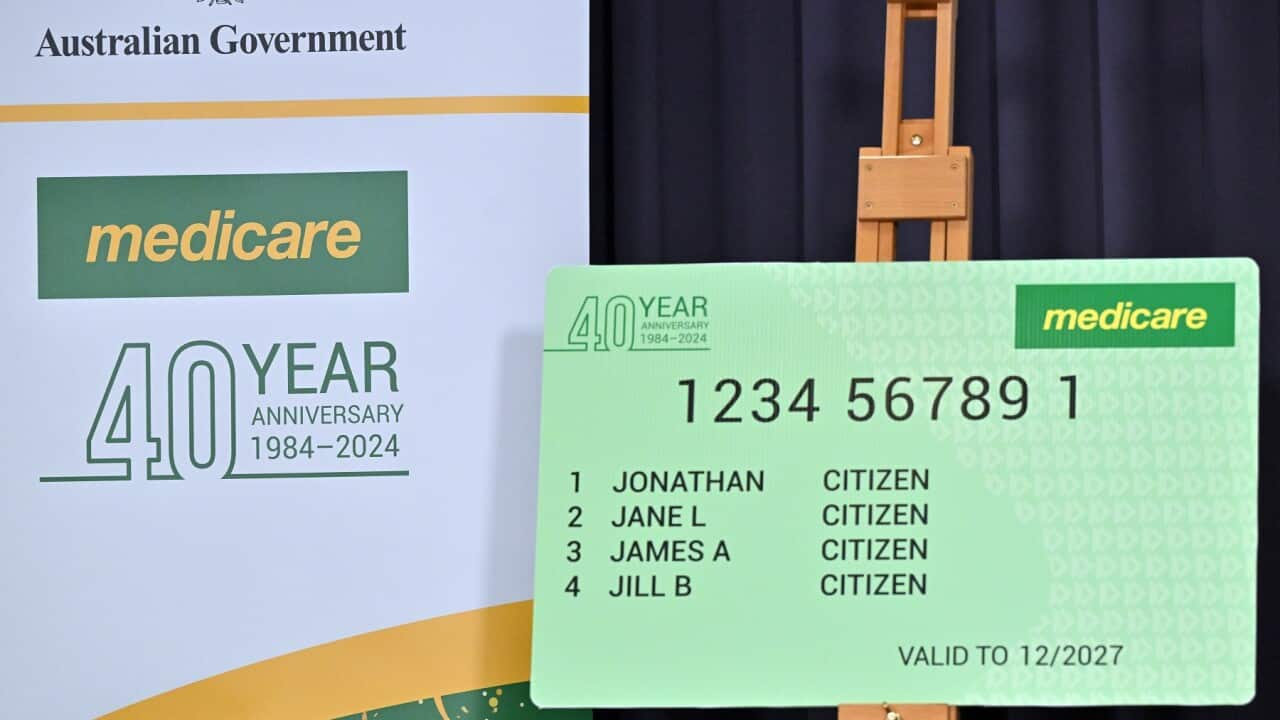TRANSCRIPT
We often dream of a world in which one day, we might stumble upon a large sum of cash.
But what if that dream could become a reality?
The federal government has revealed there is $241 million in unclaimed Medicare benefits sitting in limbo - waiting to be accessed.
That money belongs to 930,000 people in Australia who haven't provided their current bank details to Medicare.
The Minister for the National Disability Insurance Scheme, Bill Shorten, says it would only take you a few minutes to begin the process of getting paid.
"What we find is that there's $241 million which people legitimately can claim, just tell us your bank account details and then we will pay you. And you know, when you think about a million people and a quarter of $1 billion, that's not small change. For some people, I think the average that's owed is about $260, which is just great. But some people, there's thousands of people who are owed tens of thousands of dollars. So, my request, my plea, my invitation is, go online to myGov, link up the Medicare card, make sure you've got your bank details up to date, and then if you're owed money, bang, in three days, it's in your account."
Unclaimed Medicare payments have always existed - but the amount of unclaimed cash has increased.
Just last year it was revealed around 700,000 people were owed $230 million in unclaimed benefits.
A month after that amount was announced, 55,000 people had accessed $12 million from Medicare.
Mr Shorten says in this instance, young people are missing out more than any other age group.
"There is about 224,000 Gen Z-ers who are owed some money, so that's the biggest group. But what is interesting when you look at the age cohorts are there's children, so, through their parents, Gen Z is the biggest group, but it's right up to people in their 80s. So everywhere in Australia, there's 930,000 people who are owed money. And literally, it's not that hard to get. You've just got to sort of prioritise it for about ten minutes of your life."
In late 2023, the federal government invested $2.5 million to establish the Australian Multicultural Health Collaborative.
The money was awarded to the Federation of Ethnic Communities Councils of Australia to engage culturally and linguistically diverse communities, so they can have a say in Medicare reforms.
A key focus of the four-year program is to address systemic racism and health inequity, while, at the same time, building trust between those communities and government.
Rita Prasad-Ildes is the Managing Director of organisation World Wellness Group, which is involved in the Australian Multicultural Health Collaborative.
She says unclaimed Medicare benefits are an example of what needs to change.
"You see people who don't normally get mainstream messaging and are not connected to the system. So when it comes to these unclaimed Medicare benefits, where the myGov app is crucial to all of that, it's not surprising. We currently are experiencing that in relation to the signing up of my Medicare, the new system where people have to sign up under my Medicare with their clinics. It has to be done through myGov. And so when we talk to people about it, most of them have no idea. They have no idea what it is. They don't have a myGov app."
Proper communication and a lack of in-language information is often what's keeping migrant and refugee communities from being aware of these kinds of announcements.
Ms Prasad-Ildes says utilising specialist groups which focus on multicultural Australia is essential.
"Information and languages other than English is obviously fairly crucial, but it's much more than that because it's actually navigating your way through a complex system. That's the more important part because just having a fact sheet and telling people about it isn't enough, because a lot of people probably won't understand the whole system of the unclaimed Medicare benefits and how they can access that, and particularly if they haven't even got the myGov app. So I think as always, the things that have always worked best in terms of increasing uptake in multicultural communities is sort of resourcing people who are in sort of these health worker navigation roles."
While Mr Shorten has reiterated a re-occurring message from the federal government - he is also warning to be sure to only investigate if you might be owed money through Medicare directly.
"You know, scammers are wicked, wicked people. Um, and you know, international scammers, terrible. Don't open a link. We won't be sending you a link to open. You go to myGov website, you download the myGov app. We won't be sending you a link to click and open. Do not click a link. You go to myGov website, and you go to the myGov app. Download that."













